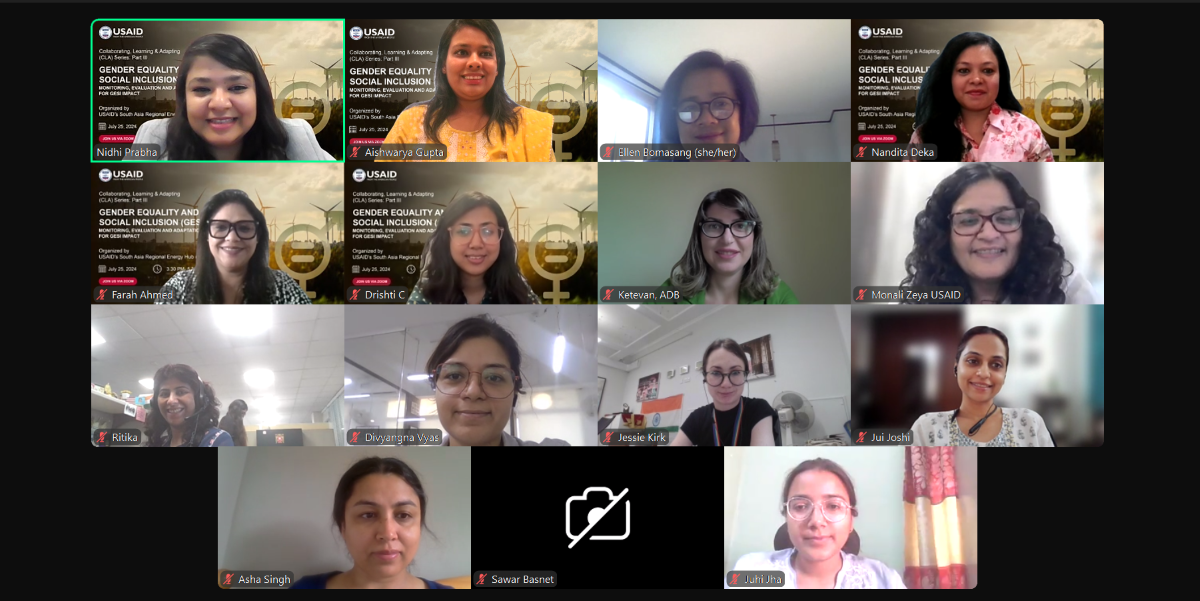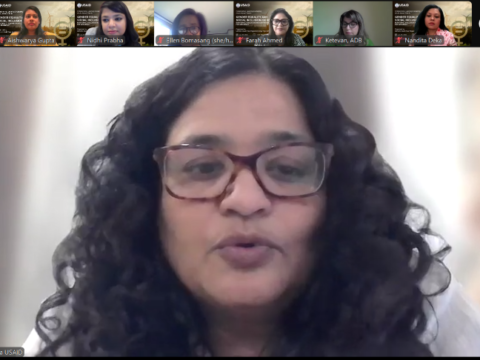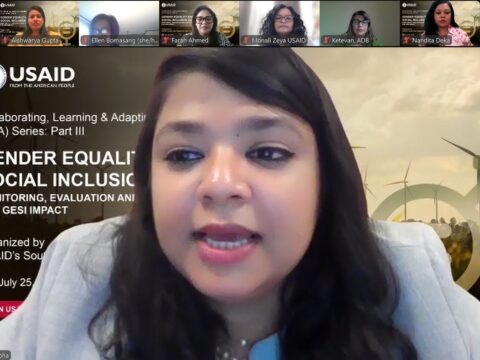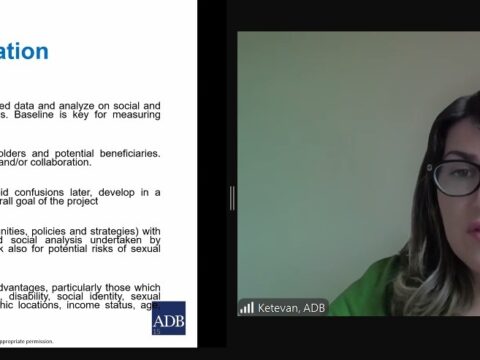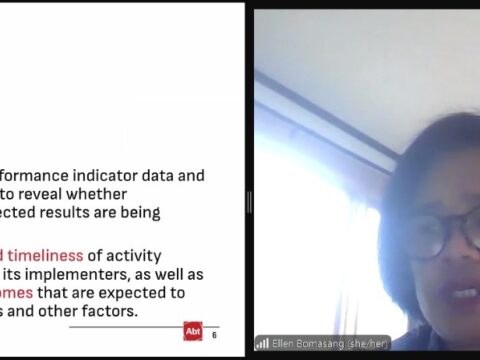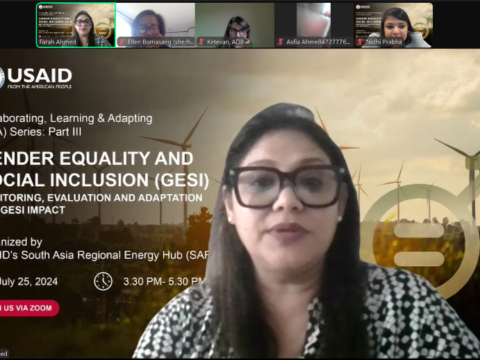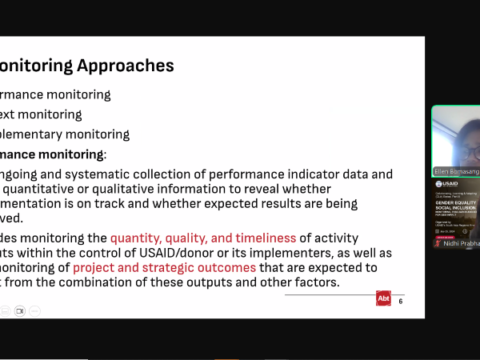Collaborating, Learning, and Adapting (CLA) Part III : Gender Equality and Social Inclusion (GESI) Monitoring, Evaluation and Adaptation on GESI Impact
USAID’s South Asia Regional Energy Partnership (SAREP), through its South Asia Regional Energy Hub (SAREH), is committed to advancing affordable, secure, reliable, and sustainable energy access across the region. Recognizing the critical role of gender equality and social inclusion (GESI) in achieving these goals, SAREP has made GESI a central focus of its work. To cultivate knowledge sharing and capacity building, SAREH brought together over 40 stakeholders on July 25, 2024, for the third and concluding edition of its Collaborating, Learning, and Adapting (CLA) series. This session explored practical strategies for monitoring, evaluating, and adapting projects to maximize GESI impact.
The overarching objective of the CLA was to address the multifaceted challenges in South Asia’s burgeoning energy sector related to GESI. These challenges are manifested through unequal access to resources, deeply ingrained cultural norms, and societal exclusions that act as barriers, impeding certain groups from fully participating in and benefiting from the energy sector.
Monali Zeya-Hazra, Regional & Clean Energy Specialist at USAID India, opened the session with welcome remarks. She emphasized USAID’s dedication to integrating GESI into development initiatives across South Asia,particularly within the Clean EDGE Asia initiative and initiatives like South Asia Women in Energy (SAWIE). She highlighted the multiple initiatives under SAREP and SAREH like training women micro-entrepreneurs, gender assessments for policy and ecosystem change etc., apart from the intent of the CLA series’ and its role in fostering knowledge sharing to address the region’s inclusive energy challenges.
Ellen Bomasang, Principal at Abt Global in Energy Climate and Gender, discussed the development of GESI-transformative performance metrics and the importance of data collection and analysis from an equity lens. She highlighted the need for mandating GESI indicators for monitoring and evaluation (M&E) to ensure comprehensive impact assessments.
Dr. Ketevan Chkheidz, Gender and Development Consultant, ADB focused on embedding gender across all strategies for a resilient and inclusive adaptation. She also highlighted the challenges and considerations that need to be factored in creating a GESI-transformative monitoring, evaluation and adaptation matrix.
Some of the key insights from the session include:
- Mapping Metrics: ‘You can improve what you can measure’. Since gender data in the energy sector, especially in the South Asian region, is scarce, it is important to collect and analyze gender-disaggregated data.
- Theory of Change: It is important to integrate the GESI lens to catalyze a transformative theory of change across inputs, interventions, outputs, outcomes, and impact.
- GESI-Transformative Evaluation Matrix: A robust and inclusive evaluation matrix emphasizes the importance of valid and reliable data. This means that data-collecting teams also need to be sensitized to GESI.
- Embedding GESI in all strategies in Developmental Organizations: It is important to incorporate gender/GESI as a perspective, rather than as a variable or a checklist.
- Formal & Informal Mid-term Reviews: It is important to create both formal and informal mechanisms for regular mid-term reviews to assess the performance of GESI indicators. It is necessary to pause and reflect on whether the challenges faced in the field are incorporated into the evaluation matrix, etc.
The session concluded with interactive polls and a Q&A session facilitated by Dr. Nidhi Prabha, GESI Advisor at USAID’s SAREP, followed by a vote of thanks and summarization by Farah Ahmed, Cross-Cutting Lead at USAID’s SAREP. The success of the session was attributed to the valuable contributions of the speakers and active engagement from participants, reinforcing a collective commitment to advancing gender equality and social inclusion within clean energy initiatives.

